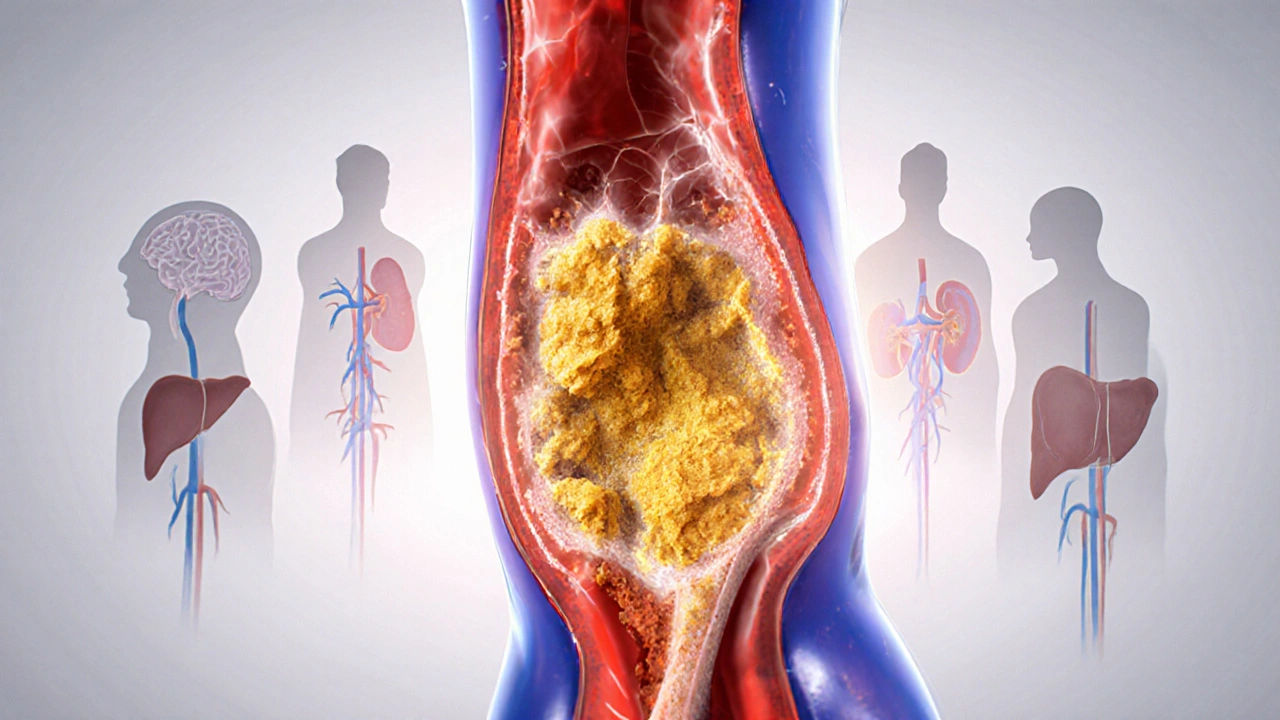Cholesterol Health Risks: What You Need to Know
When dealing with cholesterol health risks, the impact of high cholesterol on arteries and the heart, you’re really looking at issues like plaque buildup, heart attacks, and strokes. One key player is LDL cholesterol, often called “bad” cholesterol because it deposits in vessel walls. To manage those risks, many turn to statin medications, proven drugs that lower LDL and reduce events.
Understanding cholesterol health risks starts with the bigger picture. Cardiovascular disease is the umbrella term for conditions like heart attacks and strokes that typically originate from cholesterol problems. At the same time, low levels of HDL cholesterol—the “good” cholesterol that helps clear plaques—can worsen the situation. Elevated triglycerides add another layer of danger, often signaling metabolic issues that boost overall heart risk. Together, these factors create a perfect storm for artery narrowing and clot formation.
Key Areas to Watch
Diet and lifestyle are the first line of defense. Cutting back on saturated fats, trans fats, and cholesterol‑rich foods can lower LDL, while adding fiber‑rich fruits, vegetables, and whole grains supports healthier blood‑lipid profiles. Regular aerobic exercise raises HDL and improves blood circulation, making it harder for plaque to stick. Weight management matters too—excess body fat, especially around the waist, can raise both LDL and triglycerides. Smoking and excessive alcohol use also damage artery walls, so quitting or moderating these habits shrinks your risk.
Screening is essential. A simple blood test called a lipid panel measures total cholesterol, LDL, HDL, and triglycerides. Guidelines often recommend keeping LDL below 100 mg/dL for most adults, and under 70 mg/dL for those with existing heart disease. If diet and exercise aren’t enough, doctors may prescribe statins, PCSK9 inhibitors, or other agents tailored to your numbers and health history. Monitoring your levels regularly helps you see what’s working and where adjustments are needed. With this foundation, you’ll be ready to dive into the detailed articles below that break down each aspect—from nutrition tips and exercise routines to medication choices and the latest research on cholesterol management.
Learn how high blood cholesterol harms the heart, brain, liver and more, and discover practical steps-diet, exercise, screening, and meds-to keep your levels in check.
